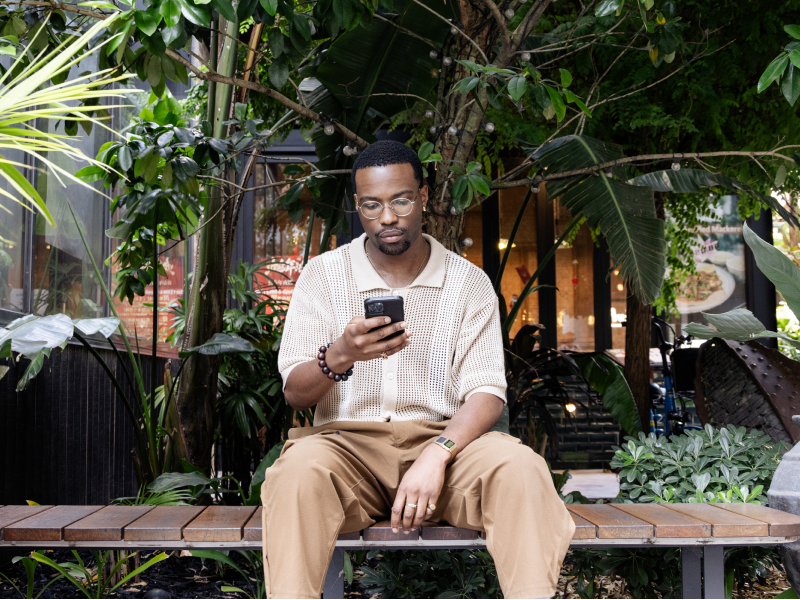Scams are becoming more sophisticated and harder to spot. At Bank Australia, we’re committed to protecting our customers and supporting them if things do go wrong.
Strengthening our defences against scams
Over the past year, we’ve expanded our financial intelligence team to better detect scams and provide compassionate support to affected customers. We’ve also provided ongoing training to our frontline teams to help them spot when customers might be involved in a scam.

When social media isn’t what it seems
One incident involved a customer who joined a Facebook group dedicated to a well-known American singer. The group looked real, filled with posts and updates about the artist. But it was actually a scam.
The group’s admin contacted the customer, claiming they had been selected for a private online meet-and-greet—only if they transferred a large sum of money via PayPal.
Our team was alerted when the transaction was attempted. Acting quickly, our financial intelligence team reached out directly to the customer. The customer shared that they felt quite isolated and truly believed the offer was real and exciting.
“Stopping the transaction is important, but it’s only one part of the response to emotional scams like this. It’s about listening, understanding, and helping people feel safe again,” said financial intelligence team member Yvette.
Thanks to the team’s quick action, the scam was stopped in time and the customer avoided financial loss.

The illusion of guaranteed returns
Another recent case involved a customer who made two card payments to what they believed was a real cryptocurrency investment platform. The site looked professional and showed what appeared to be growing returns.
The customer had been introduced to the opportunity online and was guided by “support people” who helped them navigate the platform. But when they tried to withdraw their funds, they were told the money had been “seized” by ASIC and they needed to pay more to release it.
Sensing something was wrong, the customer contacted our team before making the payment. From the details provided, we quickly confirmed it was a scam and advised them not to send any more money.
“If someone promises guaranteed returns or asks you to pay more to access your investment, it’s almost certainly a scam,” said Yvonne. “Real investments don’t require constant top-ups to unlock your own money.”

Simple rules to stay safe
“Someone asking for money is a big red flag. The number one thing I tell customers is: don’t transfer money to someone you haven’t met in person.”
Bank Australia is committed to monitoring and educating customers on how to protect themselves and stay safe from scammers.






.png)

